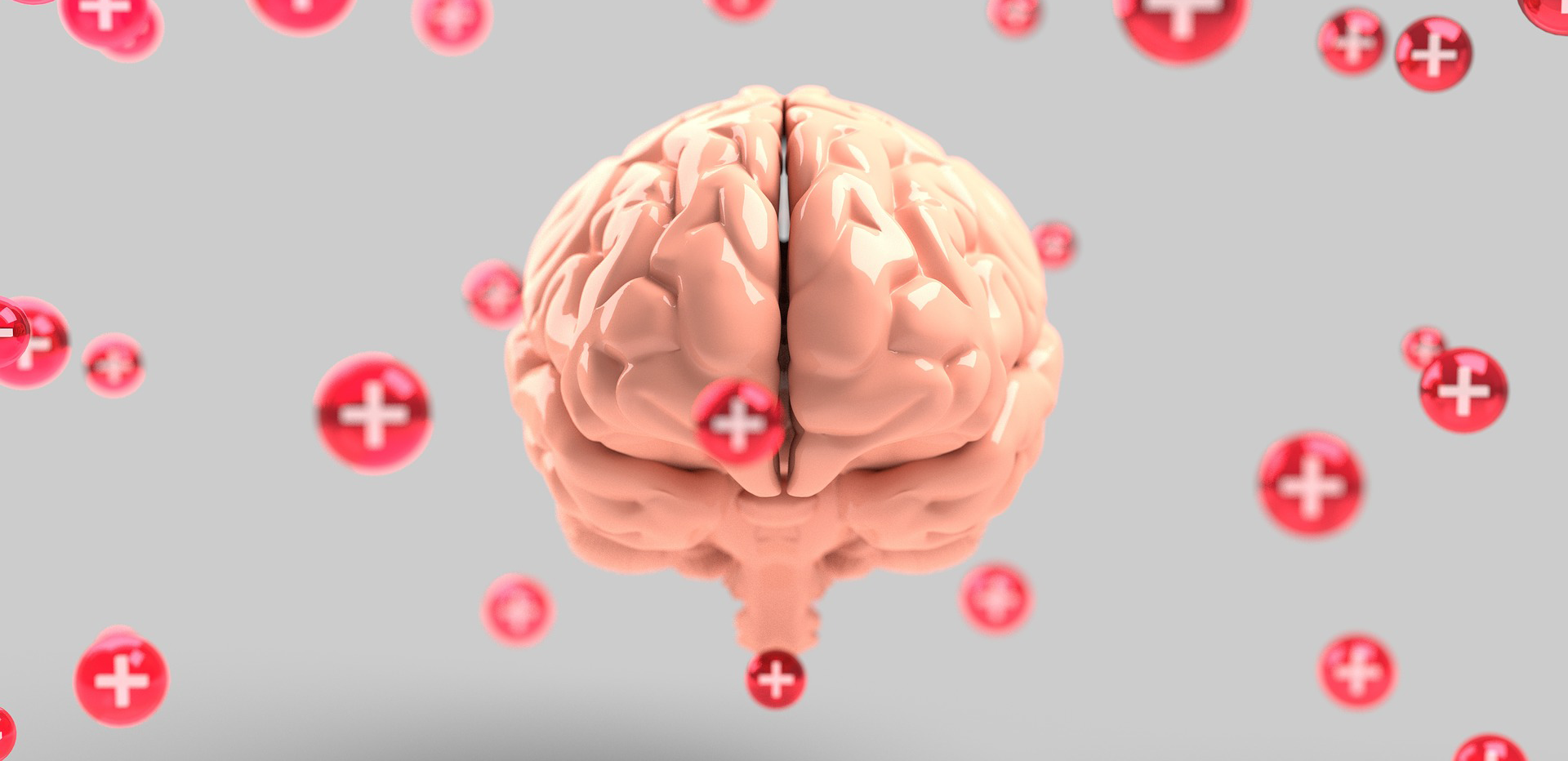
04 Jun Acceptance and how it supports positive mental health
Many young people struggle with accepting certain situations or circumstances in their life which in turn affects mental health and quality of life. Many conversations follow a pattern with regard to an incident whereby the young person was unable to accept the situation, request or sanction. Sometimes because they feel the world is against them and the act confirms to them that they are rubbish. For some they struggle to accept as they have learned to believe that they are/need to be against the world which fuels blame and underpins feelings of injustice and anger. Both outlooks reflect low self-esteem, and poor psychological well-being. One outlook drives a perceived sense of failure, the other that they have not got the internal strength to face up to their part in the situation.
As supportive adults, we also need to accept that some young people in our lessons are not as developed as their peers and so some of their behaviours or learning needs will appear more demanding and challenging. We must also recognise and accept that this is not always a sign of that young person deliberately acting in the way that they do in order to annoy, upset or damage the quality of your lessons. Non-typically developing children need to be coached and nudged through a consistent modelling approach in the direction that you would like them to be within your learning environment (not always the door!)
Little actions that can help in a big way!
- Acceptance plays a crucial role in positive mental health, well-being and quality of life for children, young people and adults
- Children do not always understand what this term means when used in day-to-day situations. By helping young people grasp that acceptance means recognising that some rules are bigger than us as individuals it can remove the element of fight. An analogy that I use with young people is if wearing a banana on your head suddenly became compulsory school uniform. Some young people would go with it straight away (accept it – this is a battle I cannot win), refuse until they had been sanctioned enough/conditioned into realising that wearing the banana was the only way (accept it in the end) or refuse to wear it and start a revolution that will lead to positive change for the better or accept it in the end out of motivational exhaustion!
- Young people who have not had clear defined boundaries set out in early childhood do not see acceptance so clearly. They need to be educated on this concept but harsh actions alone will not support behavioural change. By explaining this concept young people will learn to see the realities of what needs to be accepted in life (ones we have little control over) and which events we have some control and the right to appeal
- Ask the children in your care why you are requesting what you are. Extract the maturity and moral understanding from them rather than trying to implant it.
- Provide honest, reasonable and non-personal information to support this request. This can be easier for the young person to understand if you make logical to them
- Don’t forget long term behaviour change is not quick and is not easy. We all have to accept that some young people could be prevented from doing so due to complex within child developmental issues and/or complex external factors
Next time: Cognitive Psychology – What you think is what you feel!


